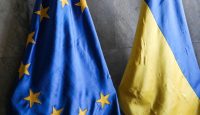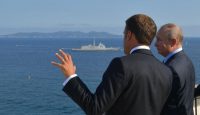
Investidura trampa de Sánchez
En toda su majestad de gran monarca republicano, Charles de Gaulle llegó a la conclusión de que "el poder es la impotencia". No se sabe si lo coligió antes o después de apreciar la imposibilidad, según decía, de gobernar un país con 240 variedades de queso. Por ello, el padre de la Francia de la posguerra y hacedor del mito de su propia liberación del nazismo, lo que explica su ingratitud con Gran Bretaña y con Estados Unidos, era un versado estratega de hacer como si en las situaciones más inverosímiles.
Así se lo confió a Alain Peyrefitte, ministro, confidente y biógrafo suyo, tras declarar Argelia su independencia en 1962.… Seguir leyendo »










